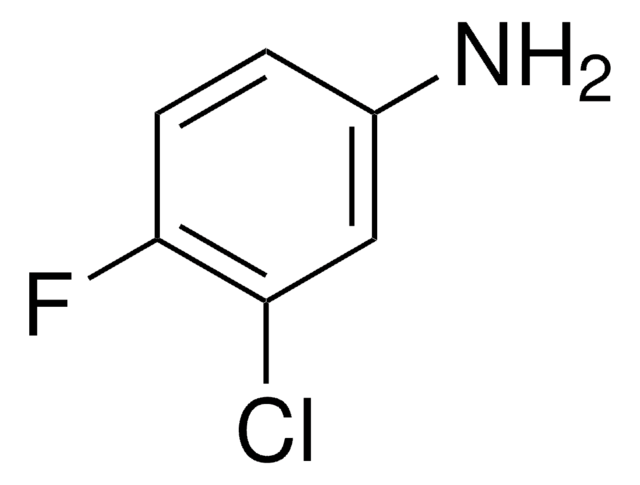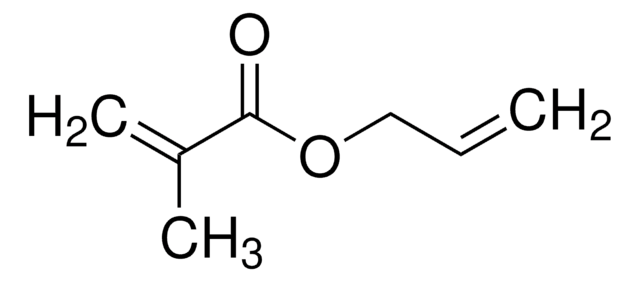269379
Diallyl phthalate
97%
Synonym(s):
Allyl phthalate, DAP
About This Item
Recommended Products
vapor density
8.3 (vs air)
vapor pressure
2.3 mmHg ( 150 °C)
Assay
97%
form
liquid
autoignition temp.
725 °F
refractive index
n20/D 1.519 (lit.)
bp
165-167 °C/5 mmHg (lit.)
density
1.121 g/mL at 25 °C (lit.)
SMILES string
C=CCOC(=O)c1ccccc1C(=O)OCC=C
InChI
1S/C14H14O4/c1-3-9-17-13(15)11-7-5-6-8-12(11)14(16)18-10-4-2/h3-8H,1-2,9-10H2
InChI key
QUDWYFHPNIMBFC-UHFFFAOYSA-N
Looking for similar products? Visit Product Comparison Guide
Related Categories
Signal Word
Warning
Hazard Statements
Precautionary Statements
Hazard Classifications
Acute Tox. 4 Inhalation - Acute Tox. 4 Oral - Aquatic Acute 1 - Aquatic Chronic 1 - Skin Sens. 1B
Storage Class Code
10 - Combustible liquids
WGK
WGK 3
Flash Point(F)
330.8 °F - closed cup
Flash Point(C)
166 °C - closed cup
Personal Protective Equipment
Certificates of Analysis (COA)
Search for Certificates of Analysis (COA) by entering the products Lot/Batch Number. Lot and Batch Numbers can be found on a product’s label following the words ‘Lot’ or ‘Batch’.
Already Own This Product?
Find documentation for the products that you have recently purchased in the Document Library.
Customers Also Viewed
Our team of scientists has experience in all areas of research including Life Science, Material Science, Chemical Synthesis, Chromatography, Analytical and many others.
Contact Technical Service












